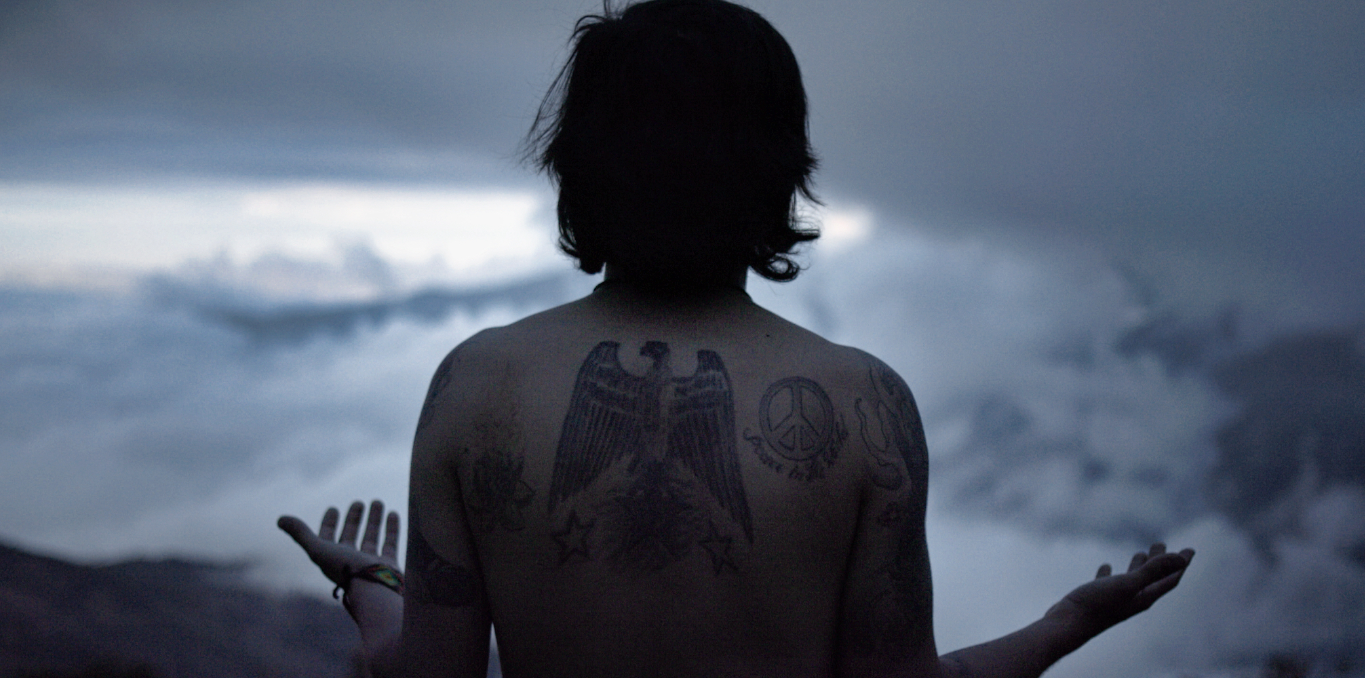This Stolen Country of Mine

The film follows the struggles of Paúl Jarrín, a local mediator in Río Blanco, northern Ecuador, and Fernando Villavicencio, an investigative journalist, against their government, which is depriving its population of control over the country's mineral resources by awarding contracts to Chinese contractors. Mark Wiese gives a voice to the people caught up in the geopolitical machinery and victims of brutal repression by the authorities, against a backdrop of corruption and abuse of power, at a time when the country is faced with the largest Chinese debt in Latin America.
| Director | Marc Wiese |
| Share on |
Skilfully combining interviews, factual information, archival footage and front-line footage of popular uprisings, filmmaker Marc Wiese paints a disturbing portrait of the situation in Ecuador.
At one point, investigative journalist Fernando Villavicencio declares, "We've been colonized... Again!", noting with despair the unsustainable situation created from scratch by a corrupt and opportunistic government, which has given the country's most precious natural resources to China. In this work that alternates between contemplation and action, the breathtaking beauty of Ecuador's landscapes contrasts with the violence and repression suffered by citizens denouncing the extractivist excesses that are jeopardizing the country's future and the health of its population. The film also raises the question of the limits of individual sacrifice for a cause, however noble. How do you take a stand when the simple act of demanding your rights is criminalized by the powers that be? To leave or to stay? To use violence or not?
While the film ends on a hopeful note, suggesting a slightly less gloomy horizon for the country, it also reminds us of the importance of the struggles to be continued and the disasters to be prevented... Because Ecuador's legal framework still makes it one of the most attractive places for foreign mining investors, and not just for the Chinese; Canadian companies are also among the largest investors.

-

BOTH
1h33
Language: English
Subtitles: Anglais
- Année 2022
- Pays Germany
- Durée 93
- Producteur Dreamer Joint Venture, Essential Filmproduktion GmbH
- Langue Spanish
- Sous-titres English
- Résumé court In Ecuador, an indigenous leader and a journalist fight against China plundering their country's natural resources and taking control of political events.
Skilfully combining interviews, factual information, archival footage and front-line footage of popular uprisings, filmmaker Marc Wiese paints a disturbing portrait of the situation in Ecuador.
At one point, investigative journalist Fernando Villavicencio declares, "We've been colonized... Again!", noting with despair the unsustainable situation created from scratch by a corrupt and opportunistic government, which has given the country's most precious natural resources to China. In this work that alternates between contemplation and action, the breathtaking beauty of Ecuador's landscapes contrasts with the violence and repression suffered by citizens denouncing the extractivist excesses that are jeopardizing the country's future and the health of its population. The film also raises the question of the limits of individual sacrifice for a cause, however noble. How do you take a stand when the simple act of demanding your rights is criminalized by the powers that be? To leave or to stay? To use violence or not?
While the film ends on a hopeful note, suggesting a slightly less gloomy horizon for the country, it also reminds us of the importance of the struggles to be continued and the disasters to be prevented... Because Ecuador's legal framework still makes it one of the most attractive places for foreign mining investors, and not just for the Chinese; Canadian companies are also among the largest investors.
-

BOTH
Duration: 1h33Language: English
Subtitles: Anglais1h33
- Année 2022
- Pays Germany
- Durée 93
- Producteur Dreamer Joint Venture, Essential Filmproduktion GmbH
- Langue Spanish
- Sous-titres English
- Résumé court In Ecuador, an indigenous leader and a journalist fight against China plundering their country's natural resources and taking control of political events.
